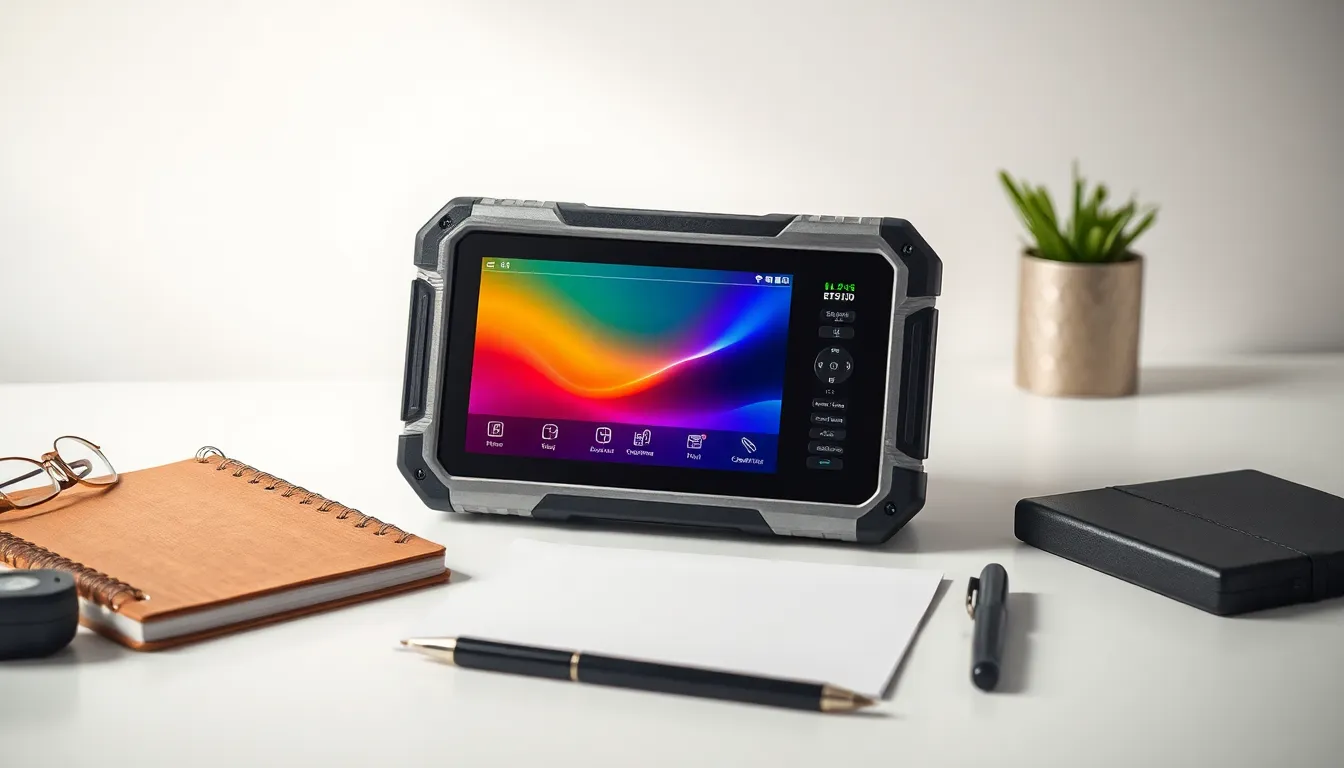In today’s competitive job market, finding the right talent goes beyond just skills and experience. Employers are on the hunt for candidates who not only shine in their roles but also mesh well with the company culture. Enter cultural fit interview questions—the secret sauce to uncovering whether a potential hire will thrive in your unique environment.
Imagine hiring someone who can recite Shakespeare but can’t stand your team’s love for spontaneous karaoke sessions. Awkward, right? By asking the right questions, employers can ensure they’re not just filling a position but welcoming a new team member who’ll contribute to a positive atmosphere. Let’s dive into the art of crafting these questions and discover how they can transform the hiring process from a chore into a celebration of shared values and laughter.
Table of Contents
ToggleUnderstanding Cultural Fit
Cultural fit refers to how well a candidate aligns with an organization’s values, beliefs, and behaviors. Employers prioritize cultural fit to foster a cohesive work environment where employees can thrive. Assessing cultural fit reduces the risk of hiring individuals who might perform well technically but struggle to integrate into the team.
Interview questions that evaluate cultural fit typically explore a candidate’s core values and interpersonal skills. Questions often address scenarios that reveal how a candidate collaborates, resolves conflicts, and adapts to change. For instance, asking about a time when they faced a challenging team situation provides insights into their problem-solving approach and adaptability.
Team dynamics play a critical role in employee satisfaction and productivity. Organizations benefit from understanding how a new hire will influence team chemistry. Cultural fit questions encourage candidates to share personal experiences, leading to discussions about their communication styles and work preferences.
Cultural differences can impact workplace relationships significantly. Asking candidates how they navigate diverse environments helps assess their openness and flexibility. Highlighting shared values during interviews ensures alignment between the candidate and the company culture.
In crafting these questions, employers aim for clarity and relevance. Each question should relate directly to the organization’s core beliefs and practices. Consider incorporating situational questions, such as how a candidate might handle disagreement within a team, to gather meaningful responses.
Effective cultural fit interview questions create an engaging dialogue, allowing candidates to express their compatibility with the company’s ethos. This process enhances the likelihood of forming a strong, united team, ultimately benefiting organizational success.
Importance Of Cultural Fit Interview Questions


Cultural fit interview questions play a crucial role in aligning a candidate’s values with the company’s culture. By asking targeted questions, employers can gauge whether applicants share the organization’s core principles and beliefs. When interviewers focus on values, they identify those who genuinely resonate with the company mission. Interviewing for cultural fit helps to ensure new hires will adapt and thrive within the existing team dynamic.
Aligning Values With Company Culture
Aligning values with company culture enhances overall workplace satisfaction. Candidates who reflect the organization’s core values tend to feel more engaged and committed. When employees share similar beliefs, they cultivate a sense of belonging. Consider asking questions about personal values and how they relate to the company’s mission. Candidates’ responses provide insights into their fit within the organizational framework. Companies that prioritize cultural alignment attract talent that not only meets technical requirements but also strengthens the company ethos.
Enhancing Team Cohesion
Enhancing team cohesion through cultural fit interview questions fosters collaborative work environments. Interview questions that focus on teamwork and interpersonal skills reveal how candidates interact with others. Team members who share cultural values naturally communicate and solve problems more effectively. In addition, questions about handling conflicts offer deeper understanding of candidates’ approaches to maintaining harmony. By prioritizing cultural fit, organizations build stronger, more cohesive teams that work well together. Positive team dynamics ultimately lead to improved productivity and employee retention.
Common Cultural Fit Interview Questions
Cultural fit interview questions play a key role in assessing whether a candidate will thrive within an organization. These questions can be categorized into behavioral and situational types, each designed to reveal different aspects of a candidate’s values and interpersonal skills.
Behavioral Questions
Behavioral questions focus on past experiences to gauge how candidates align with organizational values. Examples include, “Describe a time you worked as part of a team,” where candidates can detail their collaborative experiences. Another question might be, “How did you handle a conflict at work?” This allows interviewers to understand conflict resolution skills. Asking about a moment when a candidate faced a challenging situation also illuminates adaptability. Responses reveal candidates’ core values, work ethic, and how their past behaviors align with the company culture.
Situational Questions
Situational questions present hypothetical scenarios to evaluate a candidate’s thought process and decision-making in future workplace situations. Questions like, “What would you do if a colleague disagreed with your approach?” encourage candidates to demonstrate their ability to navigate team dynamics. Another effective question, “How would you respond to criticism in a project?” tests resilience and openness. Such questions help interviewers assess candidates’ alignment with the company’s values and their potential fit within team culture. By exploring how candidates envision their behavior in various situations, organizations gain insight into their adaptability and mindset.
Tips For Answering Cultural Fit Interview Questions
Candidates can use specific strategies to effectively respond to cultural fit interview questions. Both preparation and self-awareness play significant roles in this process.
Researching Company Culture
Understanding the company culture serves as a crucial first step. Candidates should investigate the organization’s mission, values, and work environment. Reviewing the company website, social media profiles, and employee testimonials provides valuable insights. Engaging with current or former employees presents authentic perspectives. Familiarity with terminology used in the workplace helps candidates align their answers with organizational values. Examining the company’s recent projects also reveals how they implement their cultural values in practice. This comprehensive approach ensures responses resonate with the interviewers.
Showcasing Personal Values
Candidates must clearly articulate their own values during the interview. Reflecting on personal beliefs and experiences enables them to identify common ground with the organization. Relating past experiences that exemplify these values allows candidates to demonstrate alignment. Providing examples of successful teamwork, conflict resolution, or adaptability showcases interpersonal skills. Discussing how personal experiences shaped professional development adds depth to responses. Incorporating specific instances highlights the candidate’s understanding of cultural fit. This thoughtful presentation strengthens the connection between personal values and the organization’s culture.




